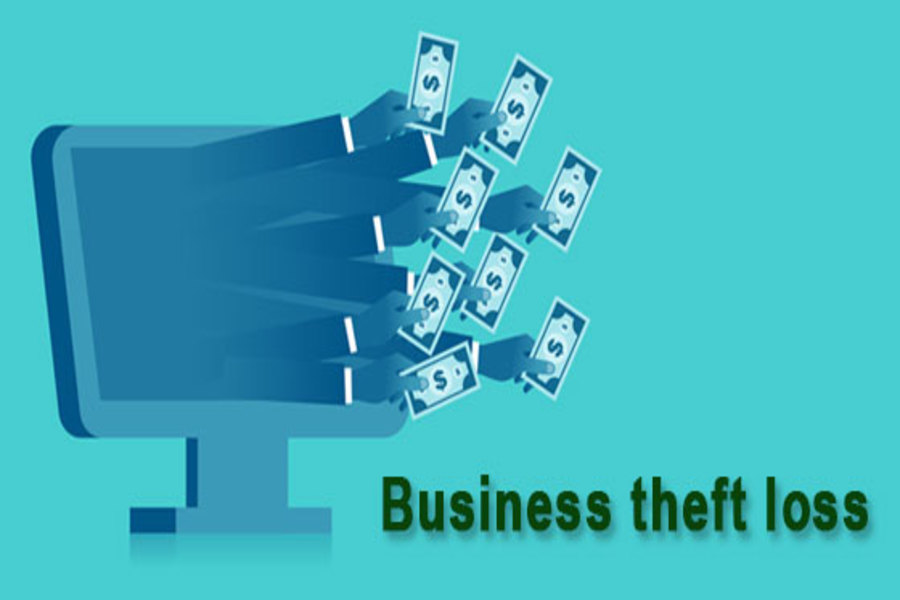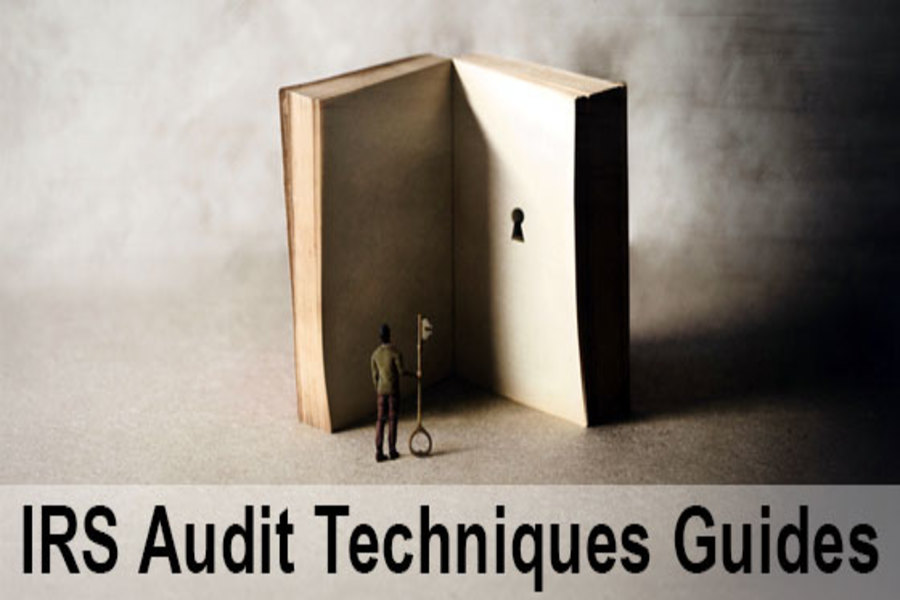As posted to the Naomi Brockwell YouTube Channel on 4/30/21 (Run Time: 8 min, 13 sec) In this informative video from her Privacy Series, Naomi Brockwell compares the most popular browser options available to help you make an informed decision as to which will work best for your personal situation. With web browsers being your interface to the Internet, it is not surprising that they become the target of companies or hackers who want to collect information about you. In addition to websites being able to track you, browsers themselves can also send back information about you to the browser’s parent company for them to monetize. The major browsers discussed in this clip are Chrome, Safari, Mozilla Firefox, Tor Browser, Microsoft Edge, and Brave. (This is Blog Post #1096) Naomi...

California Assembly Bill No. 50 (AB-50) established the California Main Street Small Business Tax Credit II, which will provide COVID-19 financial relief to qualified small business employers. Overview Beginning 11/1/21, and ending 11/30/21, the California Department of Tax and Fee Administration (CDTFA) will be accepting applications through their online reservation system for qualified small business employers to reserve $1,000 per net increase in qualified employees, not to exceed $150,000. Tentative credit reservation amounts will generally be reduced by credit amounts reserved or received under the first Main St. Small Business Tax Credit. The credits are reserved on a first-come, first-served basis. Qualified small businesses will be able to offset either their income taxes or their sales and use taxes with the credit when filing their returns. Qualifications This credit...
Forensic accountants have long used technological tools to uncover fraud schemes. But recent advances in “big data” have provided even better, more efficient techniques for identifying suspicious activities and dishonest employees. These are three common ways fraud experts use data analytics: 1. Association analysis This method can help identify suspicious relationships by quantifying the odds of a combination of data points occurring together. In other words, it calculates the likelihood that if one data point occurs, another will, too. If data point combination occurs at an atypical rate, a red flag goes up. For example, association analysis might find that a certain worker or manager tends to be on duty when inventory theft occurs. 2. Outlier analysis Outliers are data points outside the norm for a given data set. In...
As we approach the holidays and the end of the year, many people may want to make gifts of cash or stock to their loved ones. By properly using the annual exclusion, gifts to family members and loved ones can reduce the size of your taxable estate, within generous limits, without triggering any estate or gift tax. The exclusion amount for 2021 is $15,000. The exclusion covers gifts you make to each recipient each year. Therefore, a taxpayer with three children can transfer $45,000 to the children every year free of federal gift taxes. If the only gifts made during a year are excluded in this fashion, there’s no need to file a federal gift tax return. If annual gifts exceed $15,000, the exclusion covers the...
A business may be able to claim a federal income tax deduction for a theft loss. But does embezzlement count as theft? In most cases it does but you’ll have to substantiate the loss. A recent U.S. Tax Court decision illustrates how that’s sometimes difficult to do. Basic rules for theft losses The tax code allows a deduction for losses sustained during the taxable year and not compensated by insurance or other means. The term “theft” is broadly defined to include larceny, embezzlement and robbery. In general, a loss is regarded as arising from theft only if there’s a criminal element to the appropriation of a taxpayer’s property. In order to claim a theft loss deduction, a taxpayer must prove: The amount of the loss, The date the...
The week of September 13-17 has been declared National Small Business Week by the Small Business Administration. To commemorate the week, here are three tax breaks to consider. 1. Claim bonus depreciation or a §179 deduction for asset additions Under current law, 100% first-year bonus depreciation is available for qualified new and used property that’s acquired and placed in service in calendar year 2021. That means your business might be able to write off the entire cost of some or all asset additions on this year’s return. Consider making acquisitions between now and December 31. Note: It doesn’t always make sense to claim a 100% bonus depreciation deduction in the first year that qualifying property is placed in service. For example, if you think that tax rates will...
As posted to the John Stossel YouTube Channel on 6/1/21 Run time: (4 minutes, 30 seconds) Do you get frustrated when you’re the only car stopped at a traffic signal? John Stossel aims to show that roundabouts are a solution to that, and more. In an interview with Carmel, Indiana mayor Jim Brainard, the mayor explains that roundabouts are safer, they save lives, and they cost less . . . and to prove that he's put his money where his mouth . . . he's replaced nearly every stoplight in his town with a roundabout. That means that his town now accounts for about 2% of all roundabouts in America. "Roundabouts are safer." A study in Wisconsin found that when roundabouts replaced typical intersections, deaths fell 38%. Crashes...
In recent weeks, some Americans have been victimized by hurricanes, severe storms, flooding, wildfires and other disasters. No matter where you live, unexpected disasters may cause damage to your home or personal property. Before the Tax Cuts and Jobs Act (TCJA), eligible casualty loss victims could claim a deduction on their tax returns. But there are now restrictions that make these casualty loss tax deductions harder to take. What’s considered a casualty for tax purposes? It’s a sudden, unexpected or unusual event, such as a hurricane, tornado, flood, earthquake, fire, act of vandalism or a terrorist attack. More difficult to qualify For losses incurred through 2025, the TCJA generally eliminates deductions for personal casualty losses, except for losses due to federally declared disasters. For example, during the summer...
Before the COVID-19 pandemic, most fraud investigations took place in the office or other work facility. This made it easy for investigators to gather and analyze data and interview suspects and witnesses in a face-to-face setting. But if your company allows employees to work from home — either temporarily or permanently — you may need to conduct a remote fraud investigation. In addition to suspects and witnesses working remotely, those tasked with conducting investigations (including outside experts) may also be remote. Here’s how to manage these situations. Policies and procedures First, develop policies and procedures for remote investigations. If you already have written polices for traditional fraud investigations, use them as a starting point. Some features, such as the role and processes of investigators may remain basically the...
In order to prepare for a business audit, an IRS examiner generally does research about the specific industry and issues on the taxpayer’s return. Examiners may use IRS “Audit Techniques Guides (ATGs).” A little-known secret is that these guides are available to the public on the IRS website. In other words, your business can use the same guides to gain insight into what IRS auditors know, and what the IRS is looking for in terms of compliance with tax laws and regulations. Many ATGs target specific industries or businesses, such as new vehicle dealerships, construction, aerospace, art galleries, architecture and veterinary medicine. Others address issues that frequently arise in audits, such as executive compensation, passive activity losses and capitalization of tangible property. Unique issues IRS auditors need to...
- 1
- 2
- 3
- 4
- 5
- 6
- 7
- 8
- 9
- 10
- 11
- 12
- 13
- 14
- 15
- 16
- 17
- 18
- 19
- 20
- 21
- 22
- 23
- 24
- 25
- 26
- 27
- 28
- 29
- 30
- 31
- 32
- 33
- 34
- 35
- 36
- 37
- 38
- 39
- 40
- 41
- 42
- 43
- 44
- 45
- 46
- 47
- 48
- 49
- 50
- 51
- 52
- 53
- 54
- 55
- 56
- 57
- 58
- 59
- 60
- 61
- 62
- 63
- 64
- 65
- 66
- 67
- 68
- 69
- 70
- 71
- 72
- 73
- 74
- 75
- 76
- 77
- 78
- 79
- 80
- 81
- 82
- 83
- 84
- 85
- 86
- 87
- 88
- 89
- 90
- 91
- 92
- 93
- 94
- 95
- 96
- 97
- 98
- 99
- 100
- 101
- 102
- 103
- 104
- 105
- 106
- 107
- 108
- 109
- 110
- 111
- 112
- 113
- 114
- 115
- 116
- 117
- 118
- 119
- 120
- 121
- 122
- 123
- 124
- 125
- 126
- 127
- 128
- 129
- 130
- 131
- 132
- 133
- 134
- 135
- 136
- 137
- 138
- 139
- 140
- 141
- 142
- 143
- 144
- 145
- 146
- 147
- 148
- 149
- 150
- 151











